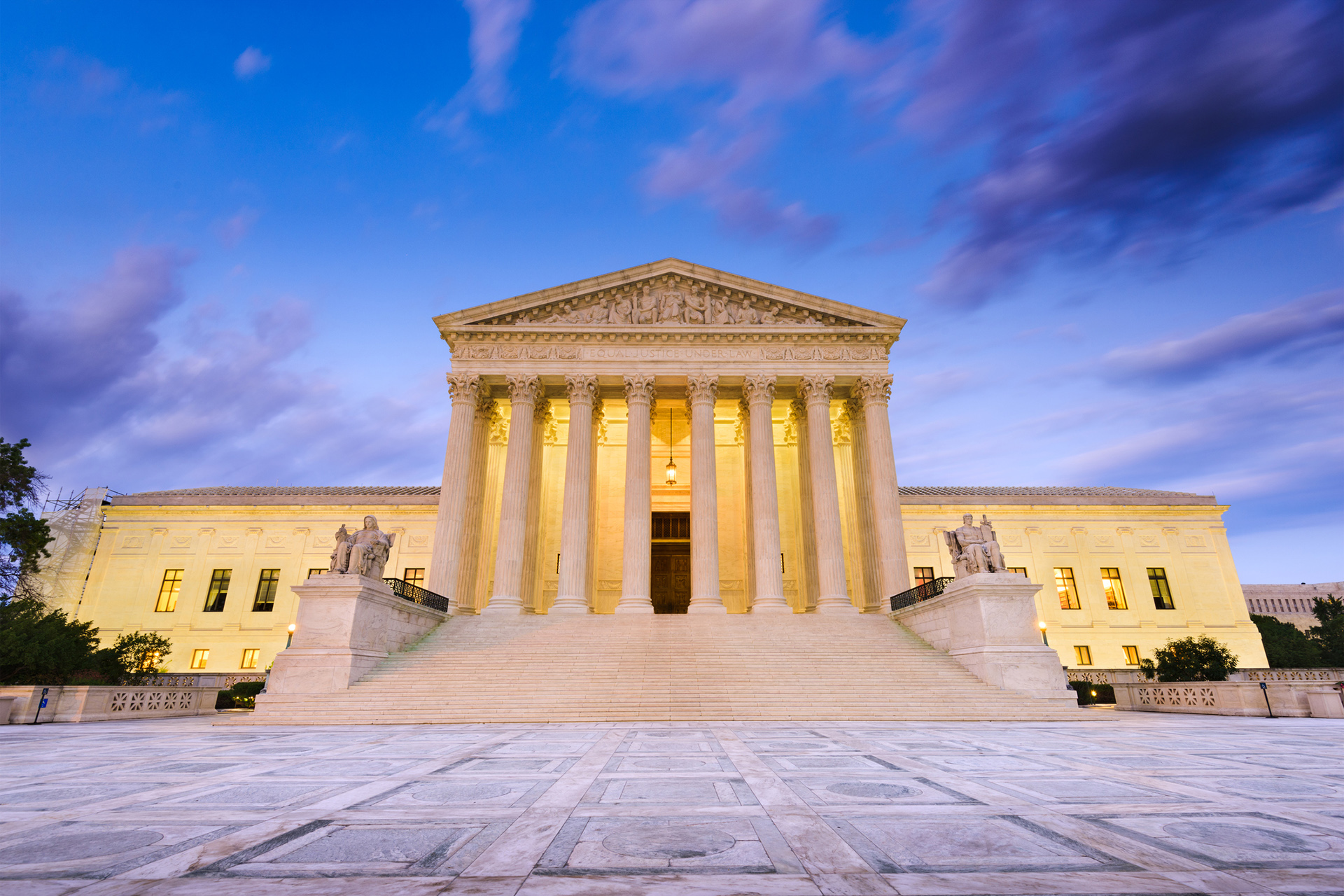By now, most have heard about the U.S. Supreme Court’s May 21, 2018 opinion in Epic Systems Corporation v. Lewis. Epic actually decided a trio of consolidated cases before the high court and held, as a matter of law, that class action waivers within arbitration agreements are enforceable, that is, arbitration agreements between an employee and employer may prohibit the employee from participating in most claims against the employer other than through one-on-one arbitration.
Workers’ advocates are echoing Justice Ruth Bader Ginsburg’s stinging dissent, warning that the “inevitable result” of an enforceable class action ban “will be the under-enforcement of federal and state statutes designed to advance the well-being of vulnerable workers.” The decision in Epic enforced class action waivers in the context of Fair Labor Standards Act wage and hour actions, but will likely be applied to uphold class action waivers in a variety of other statutes and contexts. Indeed, within three days of the decision in Epic, a court in Michigan dismissed several plaintiff/employees from a class action lawsuit suit alleging racial bias because they had entered into arbitration agreements prohibiting class action participation.
Will there be backlash spurred by the decision in Epic, and if so, what form will it take? There are undoubtedly more, but here is a brief list of potential counter attacks employers should watch for:
- More individual actions? Workers’ rights advocates are promising a deluge of individual arbitrations which they say will be more expensive to employers (although at the same time complaining that no rational plaintiff’s attorney can afford to take on such individual actions).
- Consumer pressure? Those same groups are threatening a “name and shame” campaign against companies that restrict employees’ rights through class action waivers.
- Revitalized union organization? And will unions (perhaps with worker advocacy groups) bankroll individual wage claims?
- Will federal and state legislatures and officials address the issue? Washington State’s Governor Inslee has just issued Executive Order 18-03 which commands state agencies to seek to contract only with companies that will certify that their employees are not required to sign mandatory individual clauses and class waivers.
- Be on the lookout for more state Private Attorneys General Act statutes like the one in California, with claims that aren’t subject to mandatory arbitration and representative claims that can’t be waived.














